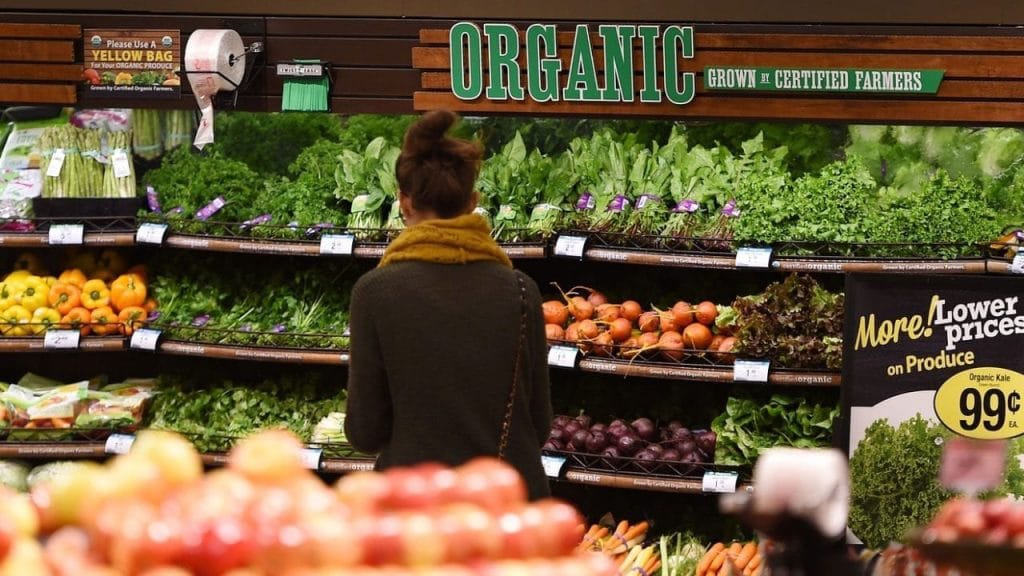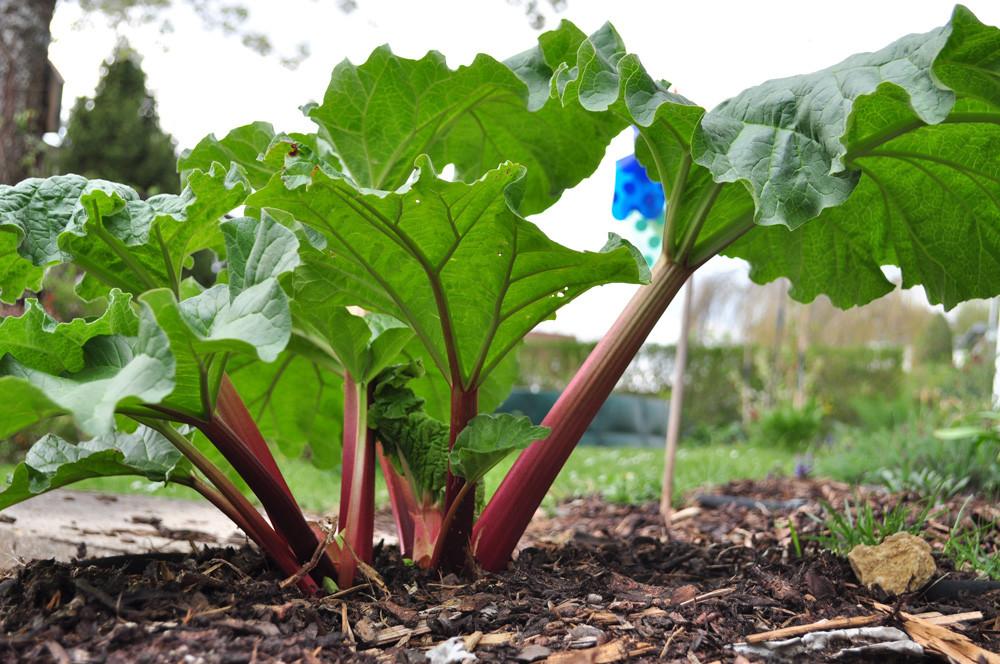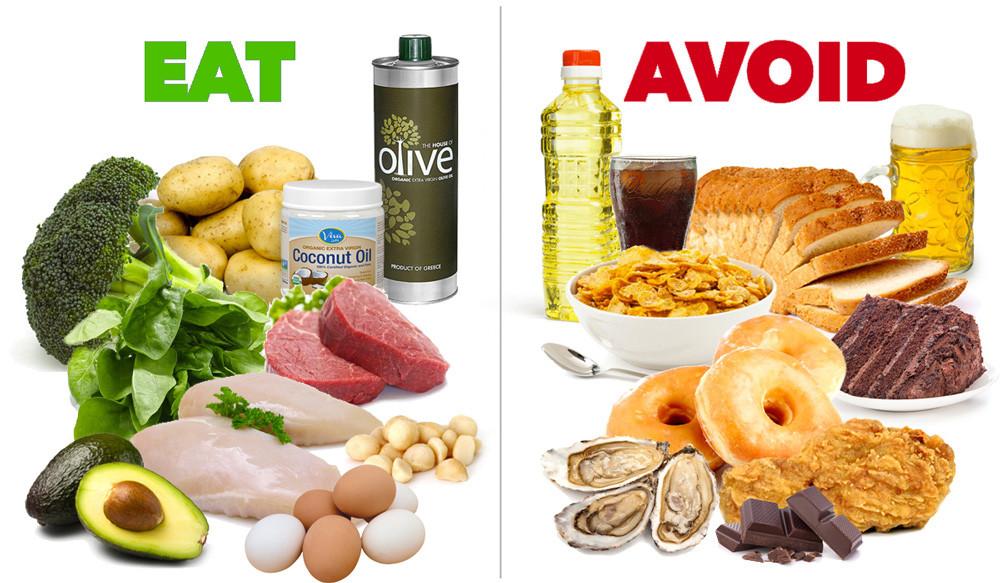We talk a lot about the increasing popularity of organic food, its supposed benefits, and whether the claims proponents like to make about it are true (short version: the evidence is promising but in the early days). However, none of that is any good if we don’t understand exactly what is meant by organic.
Luckily, the people in charge have realized that we need set standards if the label “organic” is going to mean anything. Most countries have their own definitions, so if you’re traveling abroad, don’t necessarily expect it to mean the same thing. In 1990, Congress passed the Organic Foods Production Act (https://www.congress.gov/bill/101st-congress/senate-bill/2108/text) and established what would become America’s National Organic Program (NOP) under the Department of Agriculture.
For any food in the United States to carry the organic label, it must comply with the rules and regulations set out by NOP (https://www.ams.usda.gov/about-ams/programs-offices/national-organic-program). It defines all the substances and techniques you can and can’t use if you want your food to be organic. If you use the organic label without meeting these standards, you could be in trouble.
So, what exactly are these regulations? Well, the full list is pretty long and beyond the scope of this article, but they’re basically an attempt to ensure all food production is carried out as naturally as possible. It’s how things used to be done before industrial-scale farming put size and speed ahead of everything else.
If you take a look at the NOP’s regulations page, you’ll see it covers land requirements, soil fertility, seeds and planting, crop rotation, and weed and pest management. Then it moves onto livestock – its origins, how you feed it, living conditions and healthcare standards. That’s the production stage, but then there are also rules about labeling and marketing.
Once a producer has met all these requirements, they can apply for organic certification. NOP then has procedures for inspection and for dealing with non-compliance. There are also state-level organic programs that comply with NOP standards, and third-party organizations accredited by NOP to help certify the farms and other businesses that want the prestige of an organic label.
Organic food is meant to have benefits for human health and the wider environment. That makes it very important for you to be able to identify organic food and recognize what the label means. NOP is in charge of that.




